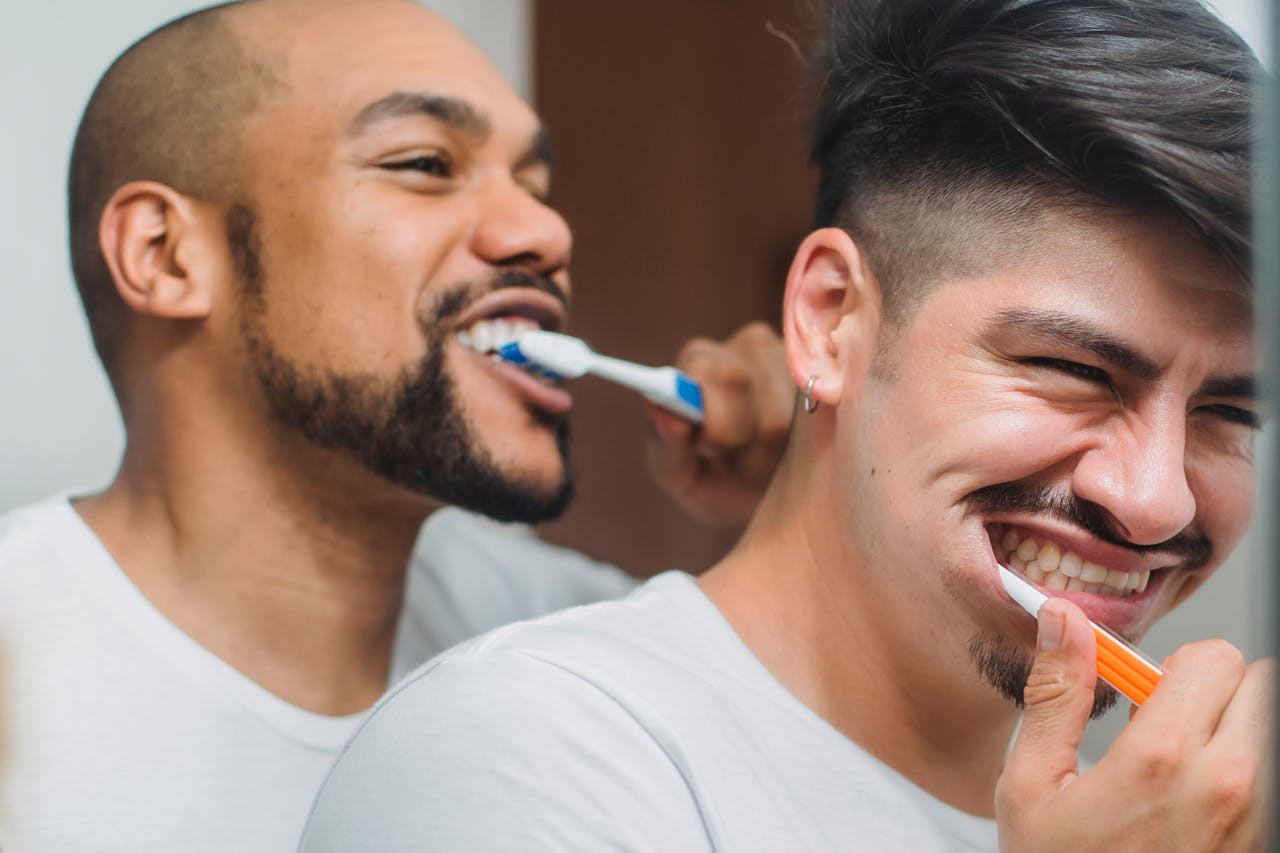Have you ever looked in the mirror after diligently brushing your teeth, only to be dismayed by the persistent yellow tint staring back at you? Despite your best efforts to maintain good oral hygiene, yellowing teeth can be a frustrating and perplexing issue for many individuals. So, why exactly do our teeth turn yellow even when we brush them every day? Let's delve into the possible causes behind this common dental concern.
First and foremost, it's essential to understand that tooth discoloration can stem from a variety of factors, many of which may not be directly related to your brushing habits. One of the primary culprits behind yellowing teeth is the natural aging process. Over time, the outer layer of enamel on our teeth wears down, revealing the underlying dentin, which is naturally yellow in color. As a result, even regular brushing may not be sufficient to combat the effects of aging on tooth color.
In addition to aging, dietary habits play a significant role in tooth discoloration. Foods and beverages such as coffee, tea, red wine, and certain fruits and vegetables contain pigmented compounds that can stain the enamel over time. Even though you may diligently brush your teeth after consuming these staining agents, some particles may still cling to the enamel, contributing to yellowing.
Furthermore, lifestyle factors such as smoking or tobacco use can exacerbate tooth discoloration. The tar and nicotine found in tobacco products can adhere to the enamel, leading to stubborn yellow stains that are difficult to remove through brushing alone.
It's also worth noting that certain medications and medical conditions can impact tooth color. Antibiotics such as tetracycline, for example, are known to cause intrinsic staining, which affects the inner structure of the tooth and may appear yellow or gray in color.
So, what can you do to address yellowing teeth despite your diligent brushing routine? First and foremost, maintaining good oral hygiene practices, including brushing twice a day, flossing regularly, and scheduling routine dental cleanings, is crucial for preventing plaque buildup and surface stains.
Additionally, consider making dietary adjustments to minimize exposure to staining agents. Limit your consumption of coffee, tea, and other known culprits, and rinse your mouth with water after consuming these beverages to help wash away any lingering particles.
If lifestyle factors such as smoking are contributing to tooth discoloration, consider quitting or seeking support to help you kick the habit. Not only will this benefit your oral health, but it can also improve your overall well-being.
Finally, if stubborn stains persist despite your best efforts, consider consulting with a dental professional to explore cosmetic treatment options such as professional teeth whitening or porcelain veneers. These procedures can effectively brighten your smile and restore your confidence.
In conclusion, yellowing teeth can be a frustrating issue, especially when you're diligent about brushing them every day. However, by understanding the various factors that contribute to tooth discoloration and taking proactive steps to address them, you can maintain a bright and healthy smile for years to come. Remember, consistency and professional guidance are key to achieving and preserving a radiant smile that you can proudly show off to the world.

